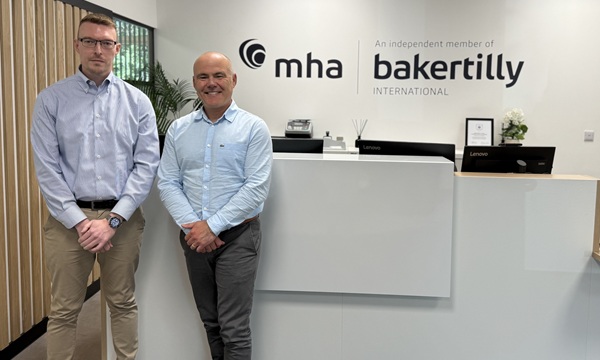
I have worked closely with many businesses across Wales and I have seen at close quarters how the mergers and acquisitions landscape has evolved over recent years.
This year there are certainly opportunities for SMEs considering a sale, but my experience tells me that realism will be absolutely vital if business owners are to achieve successful exits.
There is no shortage of liquidity. Private equity and venture capital firms continue to have significant funds available. The global figure is estimated to be around $4 trillion, and that money is ready to be deployed. Private equity in particular has been very active in Wales, and we have seen businesses in sectors such as accountancy and law benefit from this interest. Sellers have, in many cases, secured good multiples based on turnover or profits.
However, it would be wrong to suggest that everything is straightforward. While there is appetite among investors, there are also growing signs of caution. Multiples are starting to come down and buyers are becoming more selective. For business owners, that means being clear-eyed about valuation.
Across the SME market, there has been a tendency for owner-managed businesses to overvalue themselves. It is understandable – owners have put years of hard work into building their companies. But a buyer looks at a business very differently. They will assess the risks, the opportunities, and ultimately, the payback period. Sellers need to put themselves in the buyer’s shoes and ask what return on investment they would expect if the roles were reversed.
Another important point is what happens after the deal. Private equity buyers in particular will often expect the existing owners to stay on and help run the business for a period of two, three or even five years. The transition from owner to employee can be a difficult one. Many sellers are surprised by how different the experience feels once they are no longer the decision-makers. It is important to understand this dynamic before entering negotiations.
Business owners should also give serious thought to what they will do with the proceeds of a sale. Managing a significant sum of money can be harder than many expect. I have worked with clients who, after selling their businesses, told me that managing the cash was a bigger challenge than managing the company ever was.
Beyond valuation and transition planning, tax and regulation remain critical factors. In the UK the competitiveness of the tax system is an important driver for attracting investment. Research and development tax credits, capital allowances, and the headline corporation tax rate are all important parts of the conversation. However, rising employment costs and changes to reliefs mean that businesses need to plan carefully to understand the true after-tax position of any deal.
Access to funding is another important consideration. While the appetite for lending has not disappeared, the way businesses access finance has certainly changed. The reduction in the local presence of traditional banks means that businesses do not always have a relationship manager to speak to. Some banks are recognising this gap and are putting regional structures back in place, but the market is still adjusting. It remains crucial for businesses to have someone they can pick up the phone to, who understands their business and can advocate for them internally.
At the same time, we are seeing innovation in the funding landscape. Crowdfunding platforms are becoming more common, and employee ownership models are emerging as viable alternatives to third-party sales. Some businesses are finding that selling to employees, funded over time by the business itself, offers an attractive solution when traditional routes are less straightforward.
Looking ahead, I believe that the M&A market in Wales will be characterised by mixed fortunes. Government spending plans, particularly in areas such as defence and infrastructure, should stimulate economic activity and create opportunities for businesses that are well positioned to take advantage. However, the potential for further tax increases later in the year could create new uncertainties.
Despite these challenges, I remain broadly optimistic. Businesses with strong fundamentals, realistic expectations, and clear plans for the future will find buyers. Fortune, as ever, favours the brave – but only if that bravery is matched with careful preparation and a willingness to see the world through the buyer’s eyes.
There is capital available, there are deals to be done, and for the right businesses, there are good opportunities ahead in 2025.
Leighton Reed talks about this and more in the The MHA Podcast – Trusted Insights, Strategic Advantage. Listen to the podcast here.










